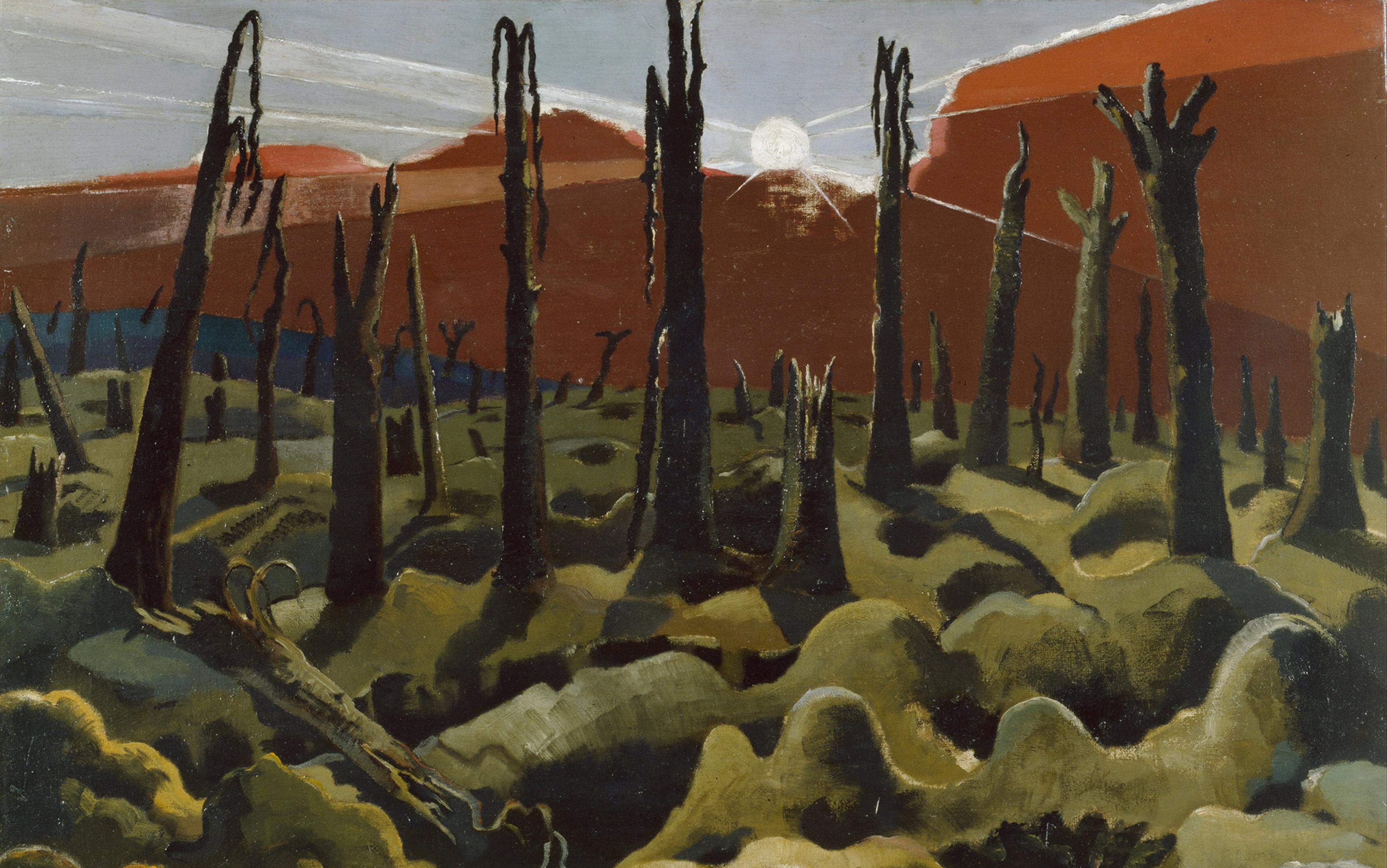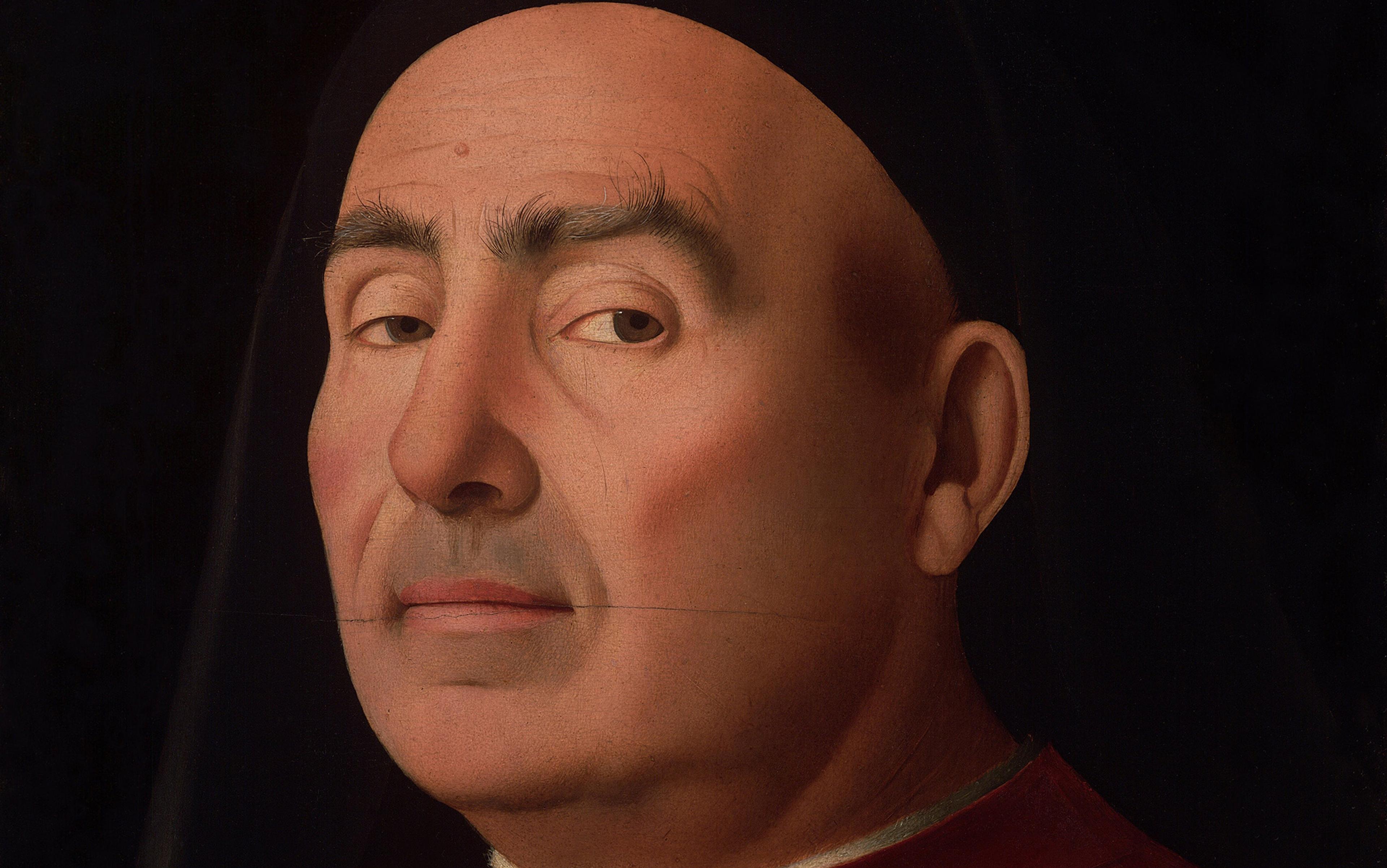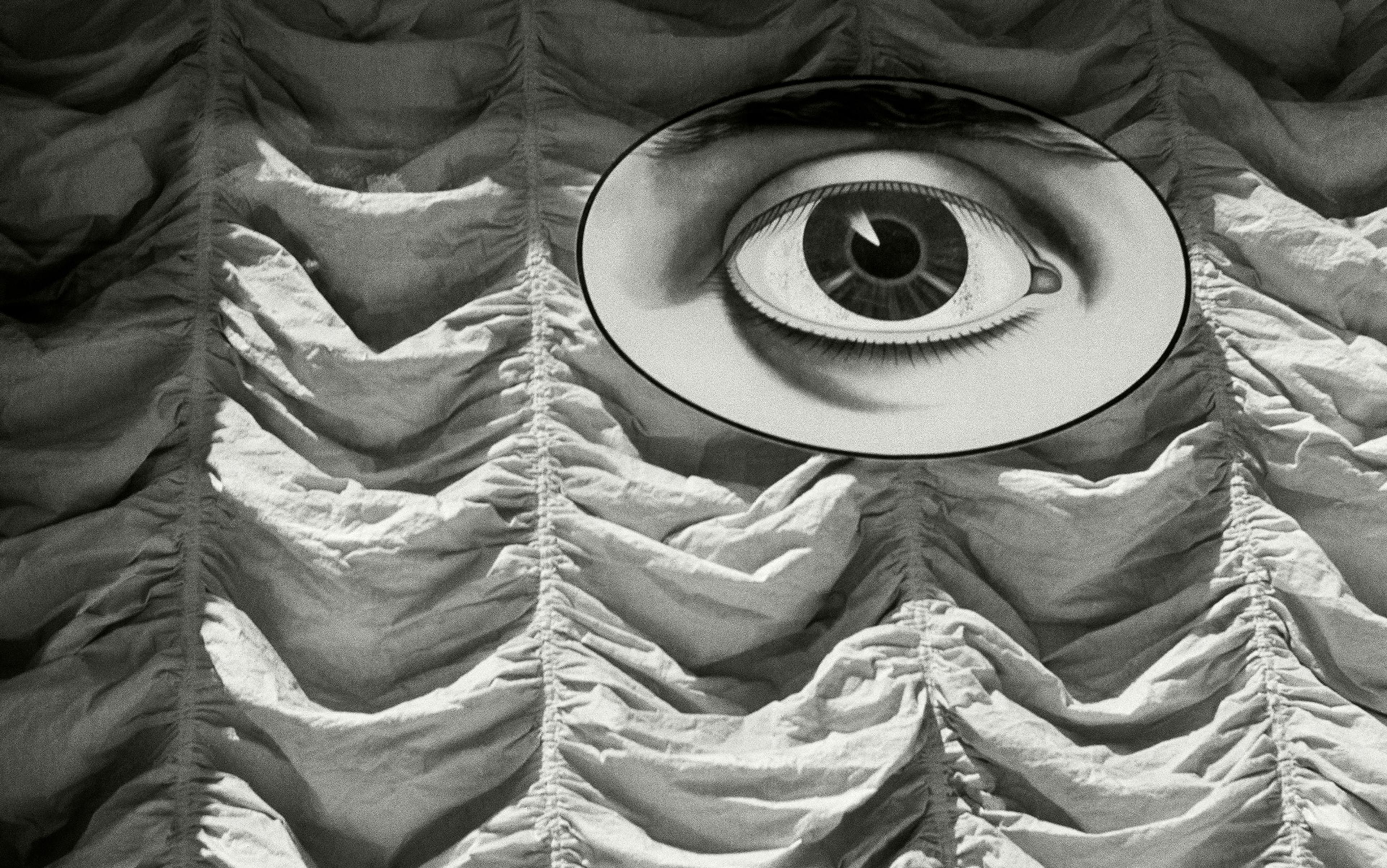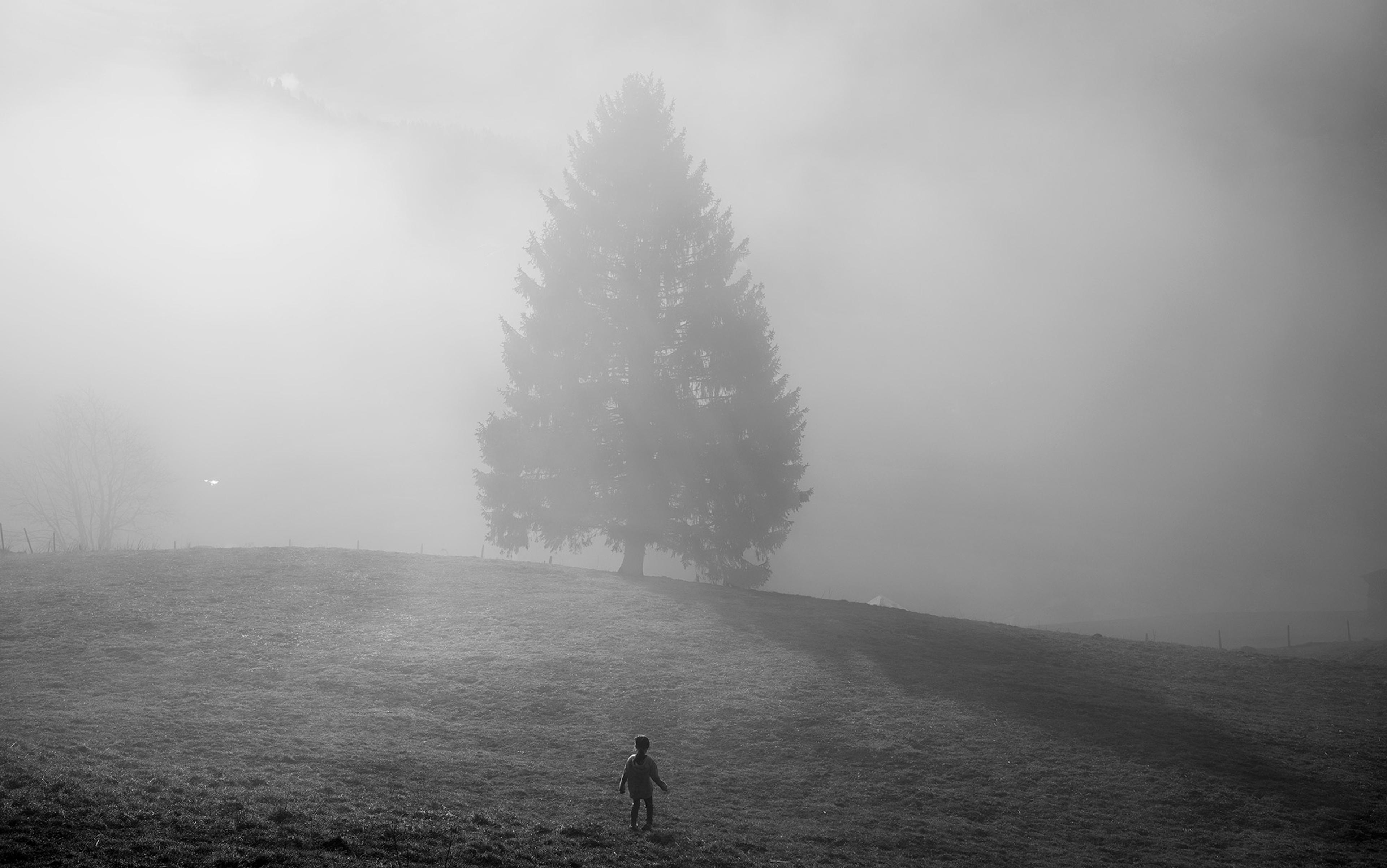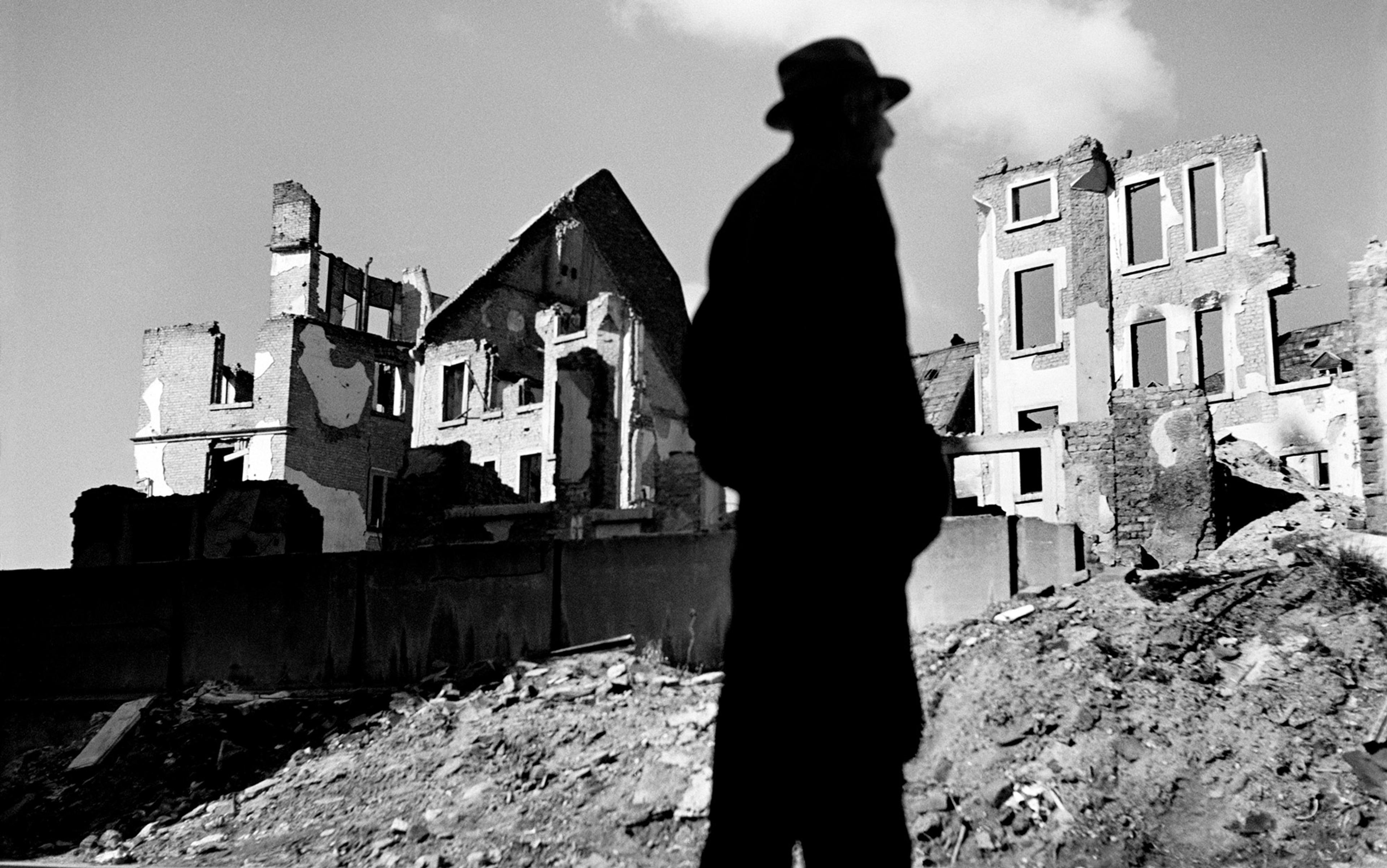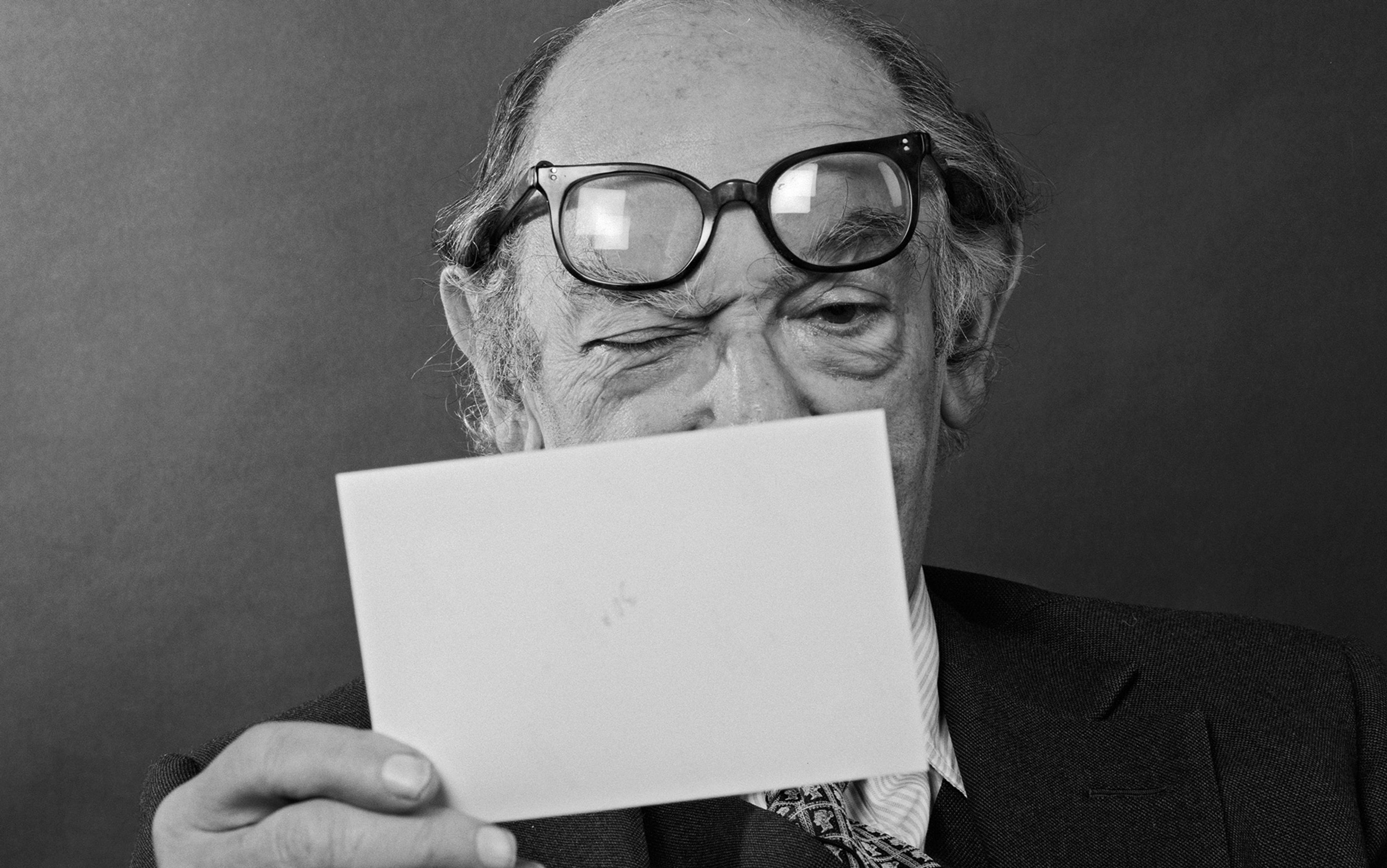History, or at least the study of it, is in bad shape these days. Almost everyone agrees that knowing history is important, but in the United States, except at the most elite schools, the study of history is in freefall. Our age seems to share the skepticism voiced by the German philosopher G W F Hegel (1770-1831) when he said that the only lesson history teaches us is that nobody ever learned anything from history. Why? The present is always new and the future is untested, leading many to sympathise with the American businessman Henry Ford’s pronouncement in 1921 that history is more or less bunk. Yet the very same Hegel also argued that, although things do indeed always seem unprecedented, history does actually give us a clue as to our ultimate ends.
We are a peculiar species: what it is to be the creatures that we are is always a problem for us – in part because we make ourselves into the kinds of creatures that we are, and because we explore this in all the different ways we live out our lives, individually and collectively. The study of history involves not only telling stories or piling up facts. In its larger structure, it is the account of humanity experimentally seeking to understand itself in all the myriad ways in which it gives shape to itself in daily life, and also how historical change is intimately linked to changes in our basic self-understanding. As Hegel put it in a series of lectures in 1822-30, ‘we’ are peculiarly our own products, and the philosophical study of history is a study of how we shape-shifted ourselves across time.
No one ever conceived of a more sophisticated and dynamic philosophical history than Hegel. His system is built around three fundamental ideas. First, the key to human agency is self-consciousness. For people to be doing anything in any real human sense is to know what we are doing as we do it. This applies even when we are not explicitly thinking about what we are doing. Here’s a simple example: as you are reading this, suppose you get a text message from a friend: ‘What are you doing?’ You immediately reply: ‘I’m reading a piece on Hegel.’ You knew what you were doing without having to have a separate act of thinking about it or drawing conclusions. Without any further thought, you knew that you were not skydiving, taking a bath, gardening or doing the crossword. You didn’t look around and infer from the evidence. You didn’t need any particular introspection. In fact, in Hegelian terms, when you are doing something and you do not know at all what you are doing, you’re not really doing anything at all. Instead, stuff is just happening. To be sure, sometimes we are only vaguely aware of what we are doing. However, even our often more distanced reflective self-consciousness is itself only a further realisation of the deeper and distinctly Hegelian self-relation: all consciousness is self-consciousness.
Secondly, Hegel thought that self-consciousness is always a matter of locating ourselves in a kind of social space of ‘I’ and ‘we’. Saying ‘I’ or saying ‘we’ is just speaking from one of two sides of the same dialectical coin. In many cases, ‘we’ seems to add up to lots of instances of ‘I think’ or ‘I do’, but in its most fundamental sense ‘we’ is just as basic as ‘I’. Each individual self-consciousness is fundamentally social. The generality of the ‘we’ manifests itself in the individual acts of each of us, but ‘we’ is itself nothing apart from the individual acts of singular flesh-and-blood agents. When I know what it is that I am doing, I am also aware that what ‘I’ am doing is, so to speak, the way ‘we’ do it.
It is a mistake to think that one side of the coin is more important: ‘I’ is not merely a point without further content absorbed completely within a social space (a ‘we’), nor is ‘we’, the social space, merely the addition of lots of individual ‘I’s. Without practitioners, there is no practice; without the practice, there are no practitioners. This is sometimes hard to see. Often, the ‘I’ tries to separate itself from the ‘we’ and rebel against it. (Think of existentialism.) Sometimes the ‘I’ tries to absorb itself fully into the ‘we’. (Think of what totalitarians dream about.) Sometimes the ‘I’ tries to stage-manage the recognition it seeks from the ‘we’ by pretending to be what it isn’t. (Think of the con artist.) All of these deficient forms of ‘I’ and ‘we’ make their various appearances in history.
Third, for humans, just as with any species, there are ways in which things can go better or worse for individuals within the species. Trees without the right soil do not flourish as the trees they could be; wolves without the right environmental range cannot become the wolves they could be. Similarly, self-conscious humans build familial, social, cultural and political environments that make it possible to become new, different and better versions of ourselves. But what we can make of ourselves depends on where we are in history. Your great-great-grandparents never dreamed of being computer coders. Medieval villagers did not aspire to become middle-level managers in a global trash-collection firm. Who ‘I’ am is always bound up with what ‘we’ do, but it is a mistake to take our individual acts simply as singular applications of something like general rules. It is better to say that we exemplify in better or worse ways what it is for us to really be us – for example, in friendship, chess-playing, vegetable-chopping or citizenship. The generality of the practice sets the terms in which I can flourish as any one of these things. Yet it is I who set the way in which I exemplify the practice, and ‘we’ all participate in seeing how well the two (‘I’ and ‘we’) converge and diverge.
As self-conscious social individuals, we reshape our lives, give new meanings to old things (from sex and food to complicated table manners) so that we acquire new sets of habits, round off the contours of our animal life in surprising ways, settle down, and then move on. This is rarely an entirely peaceful process. We exist as individuals-with-social-identities in the social spaces that we mutually institute and keep in place. Some of those social relations are based on raw force, subjection and humiliation (such as the relations between masters and slaves). Warfare is common. History, Hegel said, looks like a vast slaughter-bench on which the lives and happiness of millions have been sacrificed.
As the way in which the species, ‘self-conscious life’, interprets and reinterprets itself, history seems a bit depressing at first. Entire civilisations and ways of life come to be and pass away, old ways of living vanish. Nothing seems stable. Hegel’s daring philosophical proposal insisted that we see this procession as manifesting the ways in which each individual form of human social life generates tensions and strains within itself. When these tensions become so great that such a way of living finally makes no sense to the participants, life rapidly becomes uninhabitable. Once it becomes uninhabitable, it breaks down, falls apart, and eventually gives way to another form of life. The new form of life emerges as the people living in the cultural rubble of the breakdown pick up the pieces of what is still working, discard the parts that no longer work, and fashion something new out of that breakdown. They build a society that develops itself until its own internal strains and stresses lead it too into breakdown, after which a new ‘form of life’ emerges out of it. All told, this aspect of history constitutes the changing shape of self-conscious life itself. Hegel chose the German term Geist (rendered as ‘mind’ or ‘spirit’ depending on the translator) to capture that. As Geist moves through history, it takes on different shapes as it imagines itself in different ways and thus is, for those thinking about it, a moving target. This story of breakdown and renewal is Hegel’s dialectic of history.
Although the now-forgotten German philosopher H M Chalybäus (1796-1862) managed to convince many people that ‘thesis-antithesis-synthesis’ represented Hegel’s dialectic of history, Hegel himself never said that. Moreover, even in this quick overview, we can see that Hegel’s own views involved much more than Chalybäus’s dubious formula.
Hegel surveyed world history to see if there was any kind of logic to the way in which the ‘I’ and the ‘we’ shapes itself over time. Was Geist getting better at anything? As a 19th-century European, Hegel found little to recommend in the civilisations of Asia, Africa and the Americas. All of them, he thought, had stalled at a certain level of development that he called ‘political atheism’. In Hegel’s view, ‘political atheism’ meant that there can be no further court of appeal beyond the edicts of the chieftain or the king or the emperor. Even if the emperor issues laws and enforces them, that is still rule by law, which is still personal rule, and not rule of law, which is impersonal. In ‘political atheism’, the guiding principle is that only one of the members is free (the chieftain, the emperor, etc). He alone freely issues laws, the rest must obey, and there is nothing higher by which to measure the edicts. In that sense therefore, only ‘one’ (the chieftain, emperor, etc) can be said to be free. Of course, this caricatured view says much more about 19th-century European prejudices than it does about those other societies, but Hegel’s point is more general.
Hegel believed that only in the Ancient Greek world does humanity first move beyond the idea that only one person in the community can be free, and to the daring idea that a limited plurality of people – the adult males of the city – both can and ought to rule together. They confront each other as equals possessing no inherent authority over each other. Moreover, for these Greeks, so Hegel thought, everybody knew where they stood in their social order and what they were supposed to do. They also held that, if each exemplified the requirements of their own places in the order, the community would harmonise into a thing of beauty. This incorporation together of individual idiosyncrasy and community life seemed to be as good as it got: full and complete freedom of individuality as possible only in an egalitarian social and political order of free citizens.
If ‘some are free’, Antigone demands, then why not me too?
There was, however, a worm in the apple. The Greeks also took their freedom to mean independence. Since one can be fully independent in one’s judgments and actions only where another takes care of the other needs of life, they also believed themselves compelled to live in a world that itself rested on slavery and the oppression of women. Although some Greeks found these iniquities disturbing, most simply took them as the unavoidable way of the world. Nonetheless, Hegel saw the Greeks’ implicit unease with themselves show up in dramatic form in their art.
His favourite example came from Sophocles’ tragedy Antigone. In the play, the sons and daughters of Oedipus find themselves in a volatile situation. Two of the sons fight each other over the inheritance of Oedipus’ rule. Both die in the fight, and their uncle, Creon, steps in to administer. Creon forbids the burial rites for one of his nephews, but his niece Antigone defies him by secretly carrying out the rites. She does so because it is her absolute requirement as a sister to do this, but also knowing full well that it is equally her absolute requirement to obey Creon (especially so as a younger woman). Antigone is caught in a situation where right contradicts right. She also has the absolute requirement not to make up her own mind about what she is required to do – it is her allotted station in life to take the requirements given to her – and the chorus will later condemn this as her unjustified attempt at autonomy.
Antigone is caught up in the passion to achieve something normally forbidden to women: she wants freedom, which requires her to be recognised as an equal. But who would have the authority to recognise her? Not a husband (not in Ancient Greece). Not her children (if she had any). Not her parents. Not her sister. Only her brothers could do that, and they are both dead. In her passion for freedom, Antigone tries to summon that recognition from her dead brother. As those who know the play realise, it all ends badly. Nonetheless, through her defiance, Antigone represents what went wrong with the Greek ideal: the way it instituted a regime of equality for some men but denied it to others. In doing so, Antigone also becomes the voice of the excluded, demanding inclusion and recognition as one of us, as an equal and thus as equally free. If ‘some are free’, she demands, then why not me too? To the Ancient Greek audience, this created the unnerving sentiment that maybe their whole scheme made no sense.
As Ancient Rome rose to dominance over Greece, at first it seemed as if a way of life that made more sense had arrived to replace the incipient Greek failure, but Rome itself imploded. In the late antique period, as Christianity became the imperial religion, the seed of a new idea appeared within the already moving target of self-conscious life: if people are all children of the one God, then we were all metaphorical brothers and sisters. Slavery and oppression might be the rule on Earth, but equality was the rule in the great beyond. Although the contradiction might not have even been fully apparent at first, the seed for its reckoning on the world stage had been planted. Antigone’s demand was on its way to becoming universal.
On Hegel’s view, European life more or less lost its way for a long while after Greek democracy vanished. The mixture of Roman culture, Roman law and, above all, the brute force of the Roman legions was replaced by an alienated world in which people felt obliged to live up to standards in which they had trouble seeing themselves. Such a world was always tottering between a fragile stability and a fear about its own senselessness. From time to time, it slipped into utter madness. The lunacy of the Crusades was one example, and another was the collective panic over witchcraft that resulted in the judicial murder of hundreds of women. All this happened against a background in which, as Hegel put it, ‘a universal feeling of the nothingness of their condition coursed through the world’. The world was living in a kind of fear that, in the last analysis, it made no sense at all.
This combustible mixture of self-alienation, of ‘nothingness’ and of anger at the injustice of the prevailing order ignited in 1789 in the French Revolution, in which the older props holding up the alienated form of life finally fell away. In its wake it left a kind of freedom that took itself to be unbound by the past, by very little in nature, and not by very much at all in religion. As a result, or so Hegel took it, it at first left itself with little with which to build a new world, except the very abstract ideas of unbounded freedom itself and the supposedly more bounded virtues of the citizenry in their support for the Revolutionary government. However, after the brief spasm of violence in the Reign of Terror (1793-94), things settled down, and after 1815 the irrevocably new order was in place in which the gains of the Revolution would gradually be made more real. Or so Hegel hoped.
Hegel never wavered in his admiration for the French Revolution – he always celebrated it on 14 July – because he thought it represented the decisive moment in European modernity. It put into practice the move in history from ‘some are free’ (as in Greece and Rome) to ‘all are free’, or, to put it another way, it made it real that nobody is by nature under the supreme authority of anybody else: nobody, not one race to another, not women to men, not serfs to landholders, not commoners to aristocrats. Once people are gripped by this thought of freedom and equality, the genie cannot be put back in the bottle. The old order of natural subordination was now gone, at least in theory, because, as Geist had developed, the very idea of natural subordination within it ceased to make any sense at all.
With that, everything else, from family life to the structure of the state, would also have to change. (It certainly involved throwing more traditional ways of doing things into question than even Hegel himself was willing to admit.) It also was not anything that was immediately and fully exemplified in 19th-century European practice. ‘All are free’ did not mean that, at one fell swoop, oppression vanished, but it did mean that an entirely new picture of agency had made its debut on the world stage. Most importantly, it signalled a shift in the conception of justice. No longer a metaphysical element of the eternal world order, justice was now the prime virtue of a realm of freedom and equal citizens.
The history of the world is how the idea of freedom and equality has been forced on us by ‘we’ ourselves
With the denouement of the Revolution, the modern world took on its new shape as a ‘form of life’. It of course involved the standard list of general and abstract rights made famous in the 17th century by the English philosopher John Locke (life, liberty and property), but even more importantly, it made moral life, as involving living by reasons that are acceptable to everybody and not just one’s own little community, into an essential part of our modern psychological makeup. It made those two features of life real by embedding them in more specific practices and institutions. For example, in the absolute importance of relationships of love and friendship and in families oriented around raising children to become themselves independent individuals who would in turn also be good citizens. It made the rule of law into a constitutional principle and thus forever transformed people’s status from subjects of a prince into citizens of a constitutional state. It also secured a sphere of life – Hegel called it ‘civil society’ – that combined the newly discovered productive forces of the market with a set of institutions within it that would supposedly temper and tame the otherwise destructive forces of capitalism that threatened to eat up and distort the founding poles of love and friendship at one end, and citizenship and justice at the other.
During his last decade, Hegel began to worry more and more about his own views on this historical denouement. Although he pointed out to his students that it was now fully irrational for European countries to make war on each other – he was right about that, but wrong about whether it would happen – he also became increasingly pessimistic about whether the capitalist market could really be tempered by the other institutions of civil society (although he never abandoned the idea that it could). He also fretted that the excessive individualism into which the market goaded us was enough perhaps to make the whole show impossible. In fact, as he told his class on the philosophy of history in 1831, this incompatibility of modern ultra-individualism with the necessities of a good and stable social and political life constituted a collision, a ‘knot’ as he called it, which was where he took history to stand after 1830. When the competitive market leads to a competitive and not necessarily cooperative society, the populace divides into factions, and this makes any government impossible, since the government will always seem to be just one faction temporarily ruling over the others. It is this knot, he also told the students, that the future will have to work out how to disentangle. Hegel unexpectedly died only a few months after saying this.
Out of the past breakdowns of forms of social life, we finally get a more nearly full philosophical conception of human agency in focus. Agents are self-conscious, metaphysically social in their self-consciousness; they make this abstract agency real and specific in different forms of life, and these forms of life progressively undermine themselves in history. Metaphorically, Geist (‘we’) reached this conclusion by forcing itself into self-conception of all as free and equal, and it cannot rationally backtrack from that. Since everything that came before had broken down, ‘we’ were now forced to turn our thoughts to how well we had made that idea real and, with our new regard for impartial truth, ‘we’ discovered our colonialism, our racism, our sexism and our disregard for our natural context to be really at odds with all we took ourselves to have become.
What ‘we’ had now philosophically and practically learned is that, from the shape of agency assumed in the democratic polis of Ancient Greece through the self-alienated selves of early modern Europe, all the way up to the post-revolutionary view that ‘all are free’, the history of the world is none other than the way in which the idea of freedom and equality has been forced on us by ‘we’ ourselves and now demands to be made real. So where will ‘we’ end up from there? Philosophy won’t tell us, so Hegel counselled. The owl of Minerva (the goddess of wisdom) only flies after the Sun has already set. Freedom and equality remain non-negotiable, all now demand to be included, but the knot over how to actualise all that remains tied.
